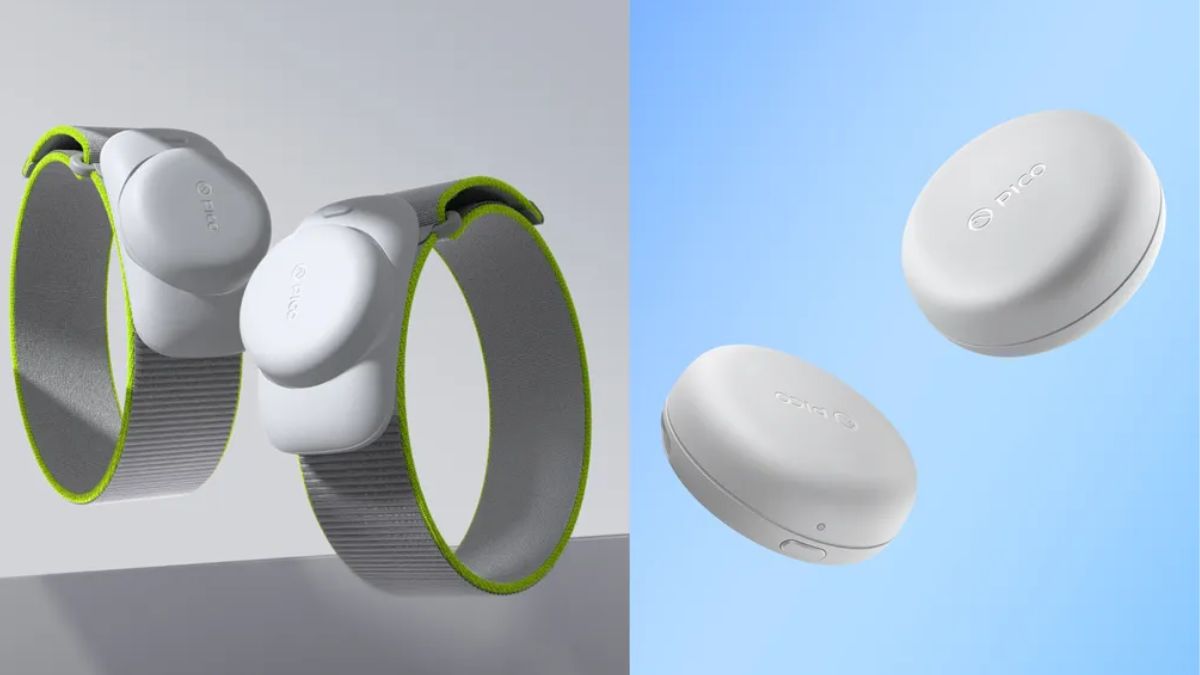Meta, the company behind the popular Quest VR headsets, has revealed that it will not develop its own motion trackers for the Quest platform—unless Pico, a competing virtual reality brand, achieves massive success with its new line of motion tracking accessories. The announcement underscores Meta’s cautious approach in an increasingly competitive VR market, where innovation often shapes consumer adoption.
Pico, a subsidiary of Chinese tech giant ByteDance, recently launched motion trackers designed to enhance the VR experience by offering more precise body tracking. These small devices attach to a user’s body, allowing for more immersive gameplay, fitness applications, and social interactions within virtual environments. While Meta has previously focused on delivering a wide range of VR hardware, including hand controllers and headsets, the company has refrained from releasing dedicated motion tracking devices for Quest users.
Meta’s hesitancy comes down to demand and market dynamics. Speaking at a recent tech event, Meta’s VP of VR and AR, Jason Rubin, explained that while motion trackers have potential, their success will depend on how well Pico’s trackers perform in the market. Rubin added, that if there’s overwhelming consumer interest, they’ll absolutely explore similar options for the Quest ecosystem.
For now, Meta is concentrating on refining existing Quest features, such as hand-tracking technology and improved passthrough modes. However, the company’s decision to monitor Pico’s success signals a potential pivot in strategy should motion tracking become a must-have feature for VR enthusiasts.
With intensifying competition between Meta’s Quest and Pico headsets, VR users are left to wonder if motion tracking will become the next big battleground for virtual reality dominance. For now, Meta remains content with its current offerings but stands ready to adapt if market trends shift.


